Movable aluminum louvre manufacturers
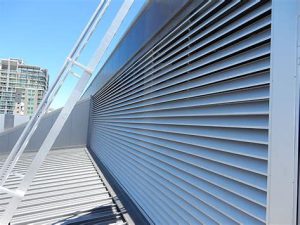
Movable aluminum louvre manufacturers in germany , In the realm of modern architecture, functionality often intertwines with aesthetics, and one element that epitomizes this synergy is the movable aluminum louvre. These sleek, versatile structures not only serve practical purposes like regulating light and ventilation but also contribute to the visual appeal of buildings. Behind these innovative additions lies the craftsmanship of specialized manufacturers who meticulously engineer and produce these louvres to meet the demands of contemporary architectural designs.
- Online Directories: Explore online directories like Alibaba, Thomasnet, or Europages. These platforms often list manufacturers from various countries along with their product details and contact information. You can filter your search based on location (Germany) and product type (movable aluminum louvres).
- Trade Shows and Exhibitions: Keep an eye on industry-specific trade shows and exhibitions in Germany. These events gather manufacturers and suppliers under one roof, providing an excellent opportunity to explore different options, discuss requirements, and build connections directly.
- Industry Associations and Trade Publications: Industry associations and trade publications related to construction, architecture, or building materials often feature lists of manufacturers, suppliers, and industry news. They can be valuable resources to find reliable manufacturers.
- Local Business Directories: Check local business directories specific to Germany. These directories might include smaller manufacturers or specialized companies that might not be listed on larger platforms.
- Online Research and Networking: Utilize search engines effectively by using specific keywords such as “movable aluminum louvre manufacturers Germany” or “aluminum shading systems Germany.” Also, consider networking with professionals in the industry who might have recommendations or insights.
- Custom Manufacturing: If you cannot find a suitable manufacturer for your specific requirements, consider reaching out to companies that specialize in custom manufacturing. They might be able to design and produce movable aluminum louvres according to your specifications.
- Quality Assessment: Assess the quality standards and certifications of the manufacturers you shortlist. Look for ISO certifications, quality management systems, and compliance with relevant industry standards for aluminum products.
- Request for Quotations and Samples: Contact the selected manufacturers and request quotations based on your project requirements. Additionally, ask for samples of their movable aluminum louvres to evaluate their design, durability, and functionality firsthand.
- Communication and Collaboration: Establish clear communication channels with the manufacturers to discuss your project specifications, timelines, and any customization requirements. Collaboration is key to ensuring that the final product meets your expectations.
- Visit Manufacturing Facilities (if possible): If feasible, consider visiting the manufacturing facilities of the shortlisted companies. This will give you a better understanding of their production processes, quality control measures, and overall capabilities.
- Evaluate Customer Support and After-Sales Service: Inquire about the manufacturer’s customer support services and after-sales assistance. A reliable manufacturer should offer responsive customer support and be willing to address any concerns or issues that may arise after the purchase.
- Negotiate Terms and Finalize Contracts: Once you’ve selected a manufacturer that meets your requirements, negotiate terms such as pricing, delivery schedules, payment terms, and warranties. Ensure that all agreements are documented in a formal contract to avoid misunderstandings later on.
- Quality Assurance Inspections: Consider conducting quality assurance inspections during different stages of production to ensure that the manufacturing process adheres to agreed-upon standards and specifications. This may involve third-party inspection services or your own quality control team.
- Supply Chain Transparency: Inquire about the transparency of the manufacturer’s supply chain, especially regarding the sourcing of materials. Ethical and sustainable sourcing practices are increasingly important considerations for many buyers.
- Feedback and Continuous Improvement: Provide feedback to the manufacturer throughout the production process and after receiving the final product. This helps foster a collaborative relationship and allows for any necessary adjustments or improvements to be made.
- Documenting Agreements and Communications: Keep thorough documentation of all agreements, communications, and transactions with the manufacturer. This includes emails, contracts, invoices, and any other relevant documents. Clear documentation can help resolve disputes and ensure accountability if issues arise.
- Long-Term Relationship Building: Building a long-term relationship with the manufacturer can be beneficial for future projects and ongoing support. Maintain open communication channels and consider periodic reviews of performance and satisfaction.
- Stay Informed About Industry Trends: Stay informed about advancements and trends in the industry, including new materials, technologies, and design innovations. This knowledge can help you make informed decisions and stay competitive in your projects.
- Feedback Loop: Establish a feedback loop with the manufacturer to provide insights on the performance of their products in real-world applications. This information can be valuable for both parties in terms of product improvement and customer satisfaction.
- Warranty and Service Agreements: Ensure that the manufacturer provides clear warranty terms and service agreements for their products. This includes details on warranty duration, coverage, and procedures for addressing any issues that may arise during the warranty period.
- Environmental Considerations: Inquire about the manufacturer’s environmental practices and commitment to sustainability. Opting for suppliers with environmentally friendly manufacturing processes and materials can align with your project’s sustainability goals.
- Customization and Flexibility: Assess the manufacturer’s ability to accommodate customizations and variations to meet your specific project requirements. A flexible manufacturer who can adapt their products to your needs can be invaluable in achieving the desired outcomes.
- Payment Terms and Logistics: Clarify payment terms, shipping arrangements, and logistics processes with the manufacturer to ensure a smooth transaction. Discuss options for payment milestones and shipping methods to align with your project timeline and budget.
- Legal Considerations: Review legal aspects such as contracts, liability clauses, and intellectual property rights with the manufacturer. It’s essential to have clear agreements in place to protect both parties’ interests and mitigate potential risks.
- Post-Installation Support: Inquire about post-installation support services offered by the manufacturer, such as maintenance, repairs, and technical assistance. Knowing that support is available after the installation can provide peace of mind and ensure the longevity of the product.
By considering these additional factors, you can further refine your selection process and establish a successful partnership with a movable aluminum louvre manufacturer in Germany.

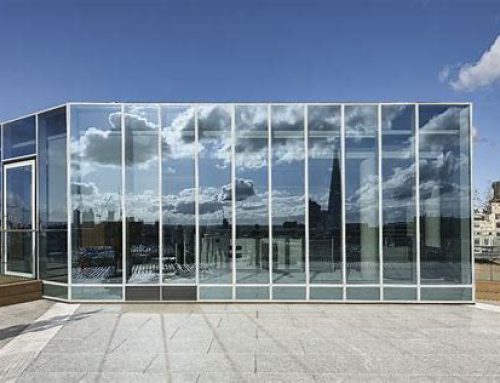
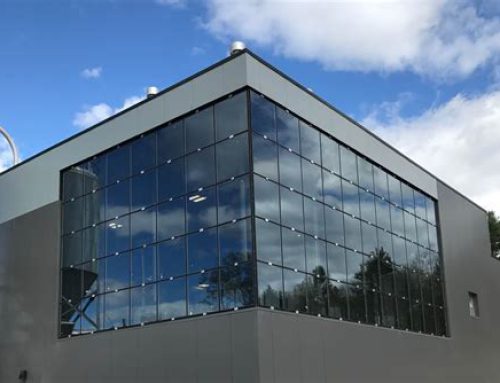
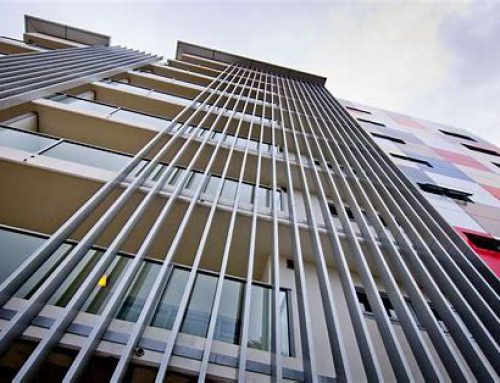
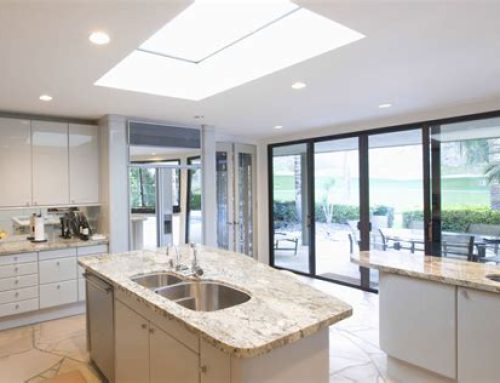
Leave A Comment